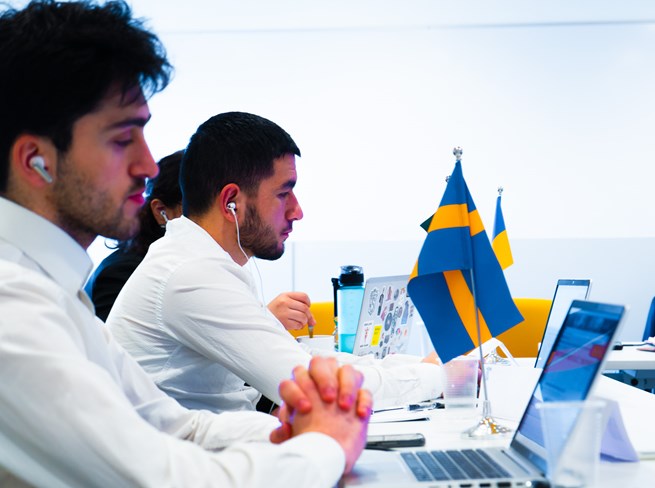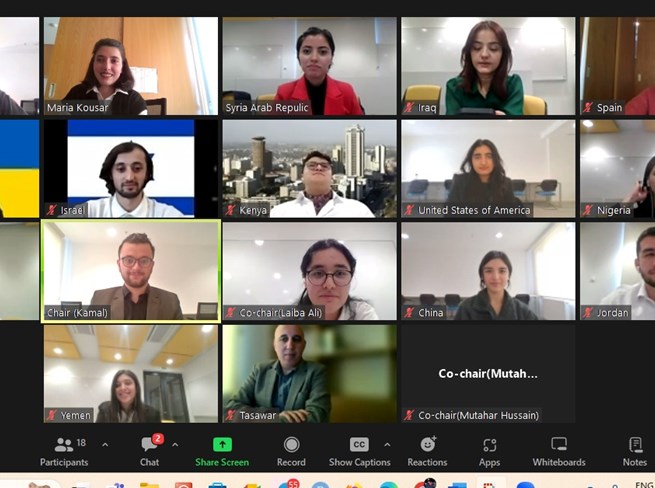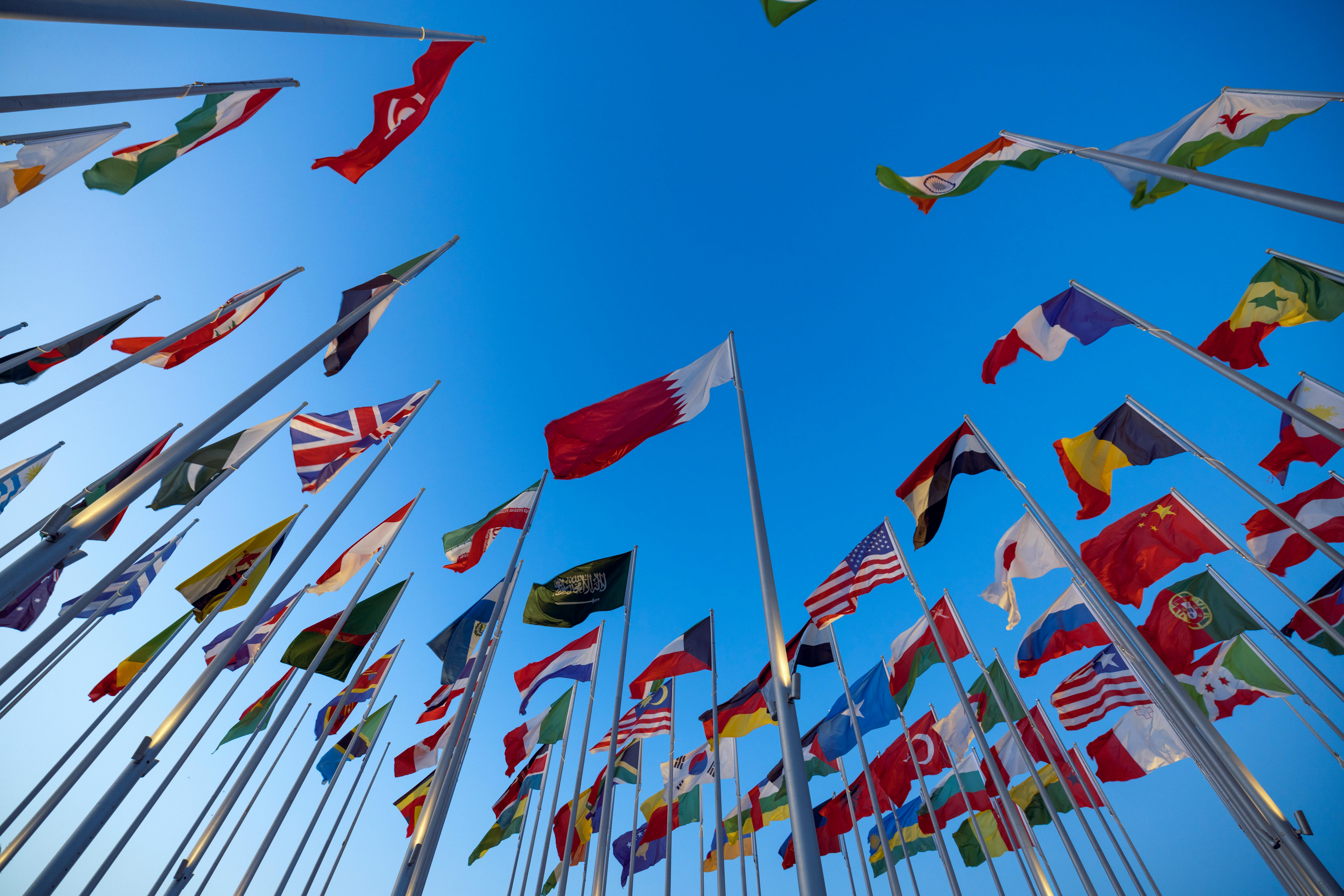
UCAMUN Conference 2025

Location
University of Central Asia – Naryn Campus, Kyrgyzstan
Event Dates
23 – 25 May 2025
Registration Deadline
5 May 2025
About The Event
University of Central Asia's Model United Nations (UCAMUN) Conference 2025 aims to cultivate global citizenship, foster dialogue on critical international challenges, and develop the next generation of leaders committed to diplomacy and sustainable development. By engaging students in meaningful debates, the conference reflects the core values of the United Nations: promoting peace, protecting human rights, advancing sustainable development, and encouraging multilateral cooperation to address complex global issues.
Aligned with the United Nations' mission to support inclusive education, sustainability, and global partnerships, UCAMUN will focus on key topics such as environmental protection, digital innovation, social equity, and human security.
Conference Themes
Environmental Stewardship
Combating climate change, promoting sustainable practices, and preserving biodiversity, especially in fragile ecosystems like mountain societies.
Digital Innovation
Harnessing technology to drive progress, bridge digital divides, and address ethical concerns in an era of rapid advancements.
Social Equity
Promoting fairness and inclusivity by tackling issues such as gender equality, education access, and economic disparities.
Human Security
Protecting individuals from threats like conflict, health crises, and food insecurity, ensures a safer and more resilient future.

UCAMUN’s Journey of Successful Conferences
UCAMUN has successfully hosted several conferences in 2019, 2020, and 2023 at the University of Central Asia's Naryn and Khorog campuses.

A Global Platform for Engaging Future Leaders in Meaningful Dialogue
UCAMUN serves as a platform for Central Asia and beyond,bringing together students, diplomats, and future leaders to engage in meaningful discussions on global issues.
Goals and Objectives
Promote Dialogue
Foster debate on global challenges through diplomacy and collaboration.
Develop Leadership
Equip students with negotiation, public speaking, and decision-making skills.
Support the SDGs
Align discussions with the UN’s Sustainable Development Goals.
Encourage Diversity
Engage diverse participants to foster global citizenship.
Engage Local Communities
Support local Model United Nations and encourage participation from schools.
Build Networks
Establish partnerships with MUN clubs across Central Asia and beyond.
Committee Descriptions
Генеральная Ассамблея (ГА) является главным совещательным органом Организации Объединённых Наций. В её состав входят все 193 государства-члена, каждое из которых имеет равное представительство. ГА рассматривает широкий спектр глобальных вопросов, включая мир и безопасность, права человека, изменение климата и устойчивое развитие. Делегаты участвуют в обсуждениях, выдвигают резолюции и ведут переговоры по решению насущных мировых проблем.
The United Nations Climate Change Conference (COP) is the supreme decision-making body of the United Nations Framework Convention on Climate Change (UNFCCC). It gathers 197 Parties, including nations and regional organizations, to negotiate and implement global climate policies. COP will evaluate the progress made since the adoption of the Paris Agreement in 2015 and strategize the next steps to enhance global climate action.
The Arab League is a regional organization founded on March 22, 1945, in Cairo, Egypt, due to Pan-Arabism. Its purpose is to foster political, economic, cultural, and social collaboration among its member states, while also mediating conflicts between members. Initially comprising seven countries, the League has grown to 22 member states, including Egypt, Iraq, Jordan, and Palestine, as well as a host of smaller Arab nations. The League's primary objectives include coordinating collective action and defense, resolving disputes, and advancing shared goals in the Arab world. Despite its significant historical efforts in areas like economic cooperation and conflict resolution, it has faced challenges in addressing political issues, particularly surrounding Israel, and Palestine, and the internal strife in member countries.
The United Nations Security Council (UNSC) is a principal organ of the United Nations charged with ensuring international peace and security. It plays a vital role in conflict resolution, peacekeeping operations, and addressing global security challenges. The UNSC comprises 15 members: five permanent members (P5) with veto power and ten elected non-permanent members. The council’s key function includes passing binding resolutions and maintaining peace through diplomatic and military means.
Экономический и Социальный Совет ООН (ЭКОСОС) является одним из шести главных органов Организации Объединённых Наций и служит основной платформой для обсуждения международных экономических, социальных и экологических вопросов. ЭКОСОС способствует достижению более высоких стандартов жизни, полной занятости и социально-экономического прогресса, поощряя международное сотрудничество и диалог в области политики. Совет рассматривает глобальные вопросы политики и координирует деятельность специализированных учреждений ООН, функциональных комиссий и региональных комиссий. ЭКОСОС играет ключевую роль в достижении Целей устойчивого развития ООН (ЦУР), особенно в тех сферах, где технологические инновации пересекаются с социальным и экономическим благополучием.






